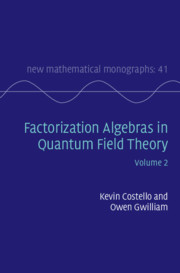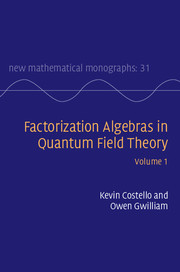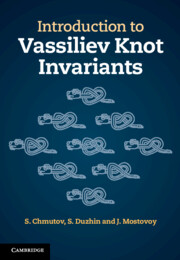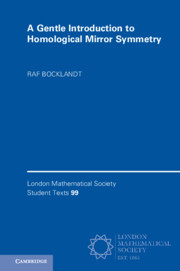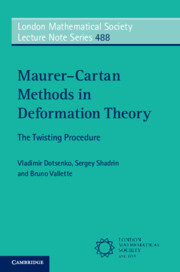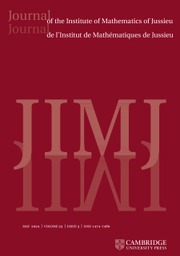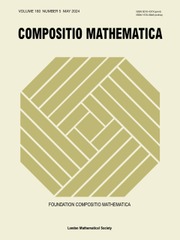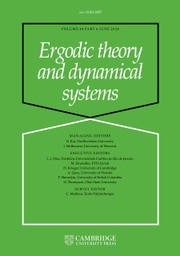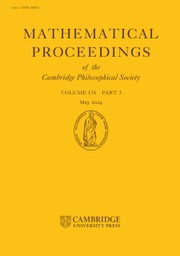Factorization Algebras in Quantum Field Theory
Factorization algebras are local-to-global objects that play a role in classical and quantum field theory that is similar to the role of sheaves in geometry: they conveniently organize complicated information. Their local structure encompasses examples like associative and vertex algebras; in these examples, their global structure encompasses Hochschild homology and conformal blocks. In this second volume, the authors show how factorization algebras arise from interacting field theories, both classical and quantum, and how they encode essential information such as operator product expansions, Noether currents, and anomalies. Along with a systematic reworking of the Batalin–Vilkovisky formalism via derived geometry and factorization algebras, this book offers concrete examples from physics, ranging from angular momentum and Virasoro symmetries to a five-dimensional gauge theory.
- Systematically develops the local-to-global structure of observables of a quantum field theory
- Examines several different examples: scalar field theories, holomorphic field theories, current algebras, and topological field theories
- Revisits and generalizes Noether's theorem as a statement about factorization algebras, including a quantized version of the theorem
Reviews & endorsements
'The central achievement of the book is in its development of a formalism that leads to classical and quantum versions of Noether's theorem, itself a familiar topic in physics, using the language of factorization algebras … Institutions employing mathematicians and theoretical physicists actively working in this area should acquire the book … Recommended.' M. C. Ogilvie, Choice Connect
'… perfectly suitable for self-study by an interested scholar with little to almost no previous exposure to factorization algebras, or for use as a reference text for a lecture series on the subject.' Domenico Fiorenza, MathSciNet
Product details
September 2021Hardback
9781107163157
380 pages
235 × 157 × 30 mm
0.78kg
Available
Table of Contents
- 1. Introduction and overview
- Part I. Classical Field Theory:
- 2. Introduction to classical field theory
- 3. Elliptic moduli problems
- 4. The classical Batalin–Vilkovisky formalism
- 5. The observables of a classical field theory
- Part II. Quantum Field Theory:
- 6. Introduction to quantum field theory
- 7. Effective field theories and Batalin–Vilkovisky quantization
- 8. The observables of a quantum field theory
- 9. Further aspects of quantum observables
- 10. Operator product expansions, with examples
- Part III. A Factorization Enhancement of Noether's Theorem:
- 11. Introduction to Noether's theorems
- 12. Noether's theorem in classical field theory
- 13. Noether's theorem in quantum field theory
- 14. Examples of the Noether theorems
- Appendix A. Background
- Appendix B. Functions on spaces of sections
- Appendix C. A formal Darboux lemma
- References
- Index.

